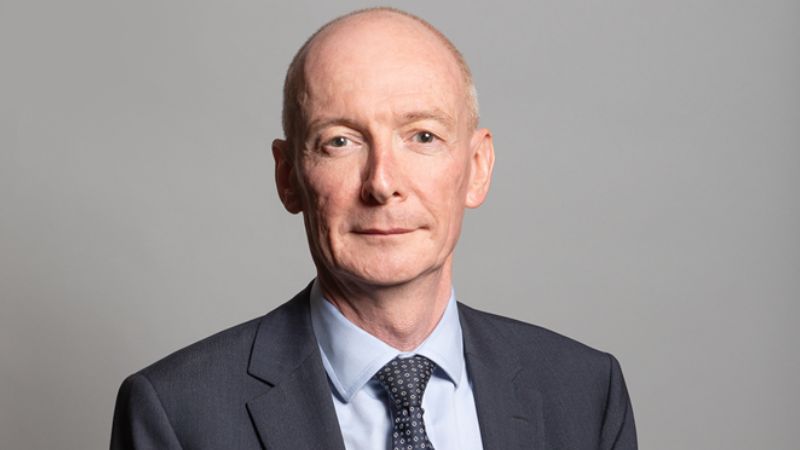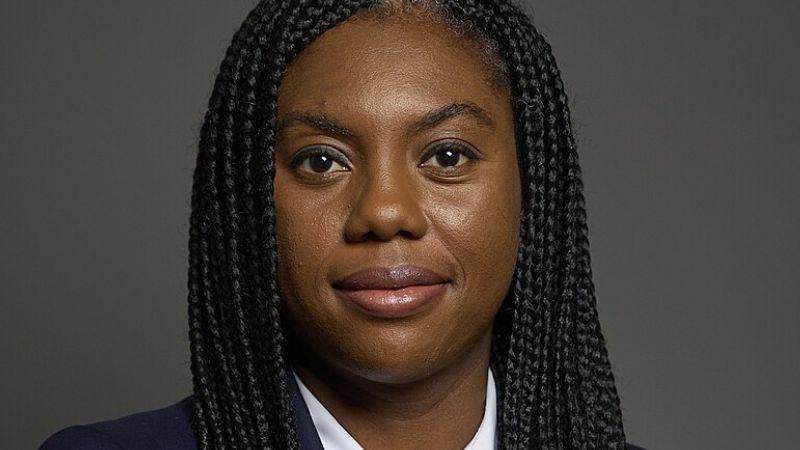The British government is being urged to provide clarity on how the recent Supreme Court ruling on transgender people’s access to single-sex spaces will be practically implemented.
Warning: This report may be upsetting to readers who are transgender. Discretion is advised.
The landmark case in the United Kingdom has seen the Supreme Court declare that in law a woman is defined as someone who was born biologically female. The judgement says a woman is defined by “biological woman and biological sex”, in law.
Now the government is rushing to provide advice on how the ruling should be interpreted and implemented.
On Friday the Equality and Human Rights Commission issued interim advice saying that in workplaces and services open to the public, such as hospitals or cafes, “trans women (biological men) should not be permitted to use the women’s facilities and trans men (biological women) should not be permitted to use the men’s facilities.”
It highlights that under the court’s decision regarding the Equality Act, even people who have gone through the process of gaining a Gender Recognition Certificate, will be recognised as the sex they were born.
The advice all says that memberships of associations involving more than 25 people can be limited to men or women and can also be limited to people who have two protected characteristics, one example is you can have a gay man only group that does not allow membership to men who are transgender.
The Commision says more guidelines will be coming in relation to sporting bodies. to date much of the discussion in the UK has related to toilets and changing rooms.

One UK government Minister has said he does not believe the latest advice will lead to the policing of bathrooms and toilets. Pat McFadden, Chancellor of the Duchy of Lancaster, told a BBC program that transgender people must now use facilities that match their gender assigned at birth.
“There isn’t going to be toilet police. But that is the logical consequence of the court ruling and the EHRC guidance.” he said in relation to government run buildings, but any civil servants who are transgender would be instructed to follow the new rules.
Concern has been raised that the issuing of the advice without any training provisions will lead to people policing bathrooms and confusion.
Christine Burns, one of the UK’s best known trans rights advocates told The Guardian that the advice issued on Friday was “making service providers the enforcers. Without training, it means their staff will be sent out to use their imagination as vigilante toilet police.”
Carla Denyer, the co-leader of The Greens has called for the interim advice to be withdrawn, describing it as a rushed effort.
“Clearly, it’s been ill thought out, and it’s really obvious that they have not listened to trans people, possibly not consulted them at all in the preparation of this guidance.” Denyer said on the same BBC program that McFadden appeared on.
Roz Foyer, general secretary of the Scottish Trades Union Congress, shared her thoughts on the advice during an appearance on the BBC Radio Scotland’s Sunday Show.
Foyer said she disagreed with the ruling, and it was only likely to cause more challenges for people.
“Women need protected in society from male violence – but the male violence that most women experience happens in their homes and workplaces and communities, and it usually is from men they know.” she said.
Stonewall, one of Britain’s leading LGBTIQA+ rights groups, said it was important that more clarity was provided before interpretations of the ruling “snowballed”
“The question we must now ask our politicians, our regulators, and our legal fraternity is where do we go from here? And how can we find a solution swiftly to ensure that a marginalised group, many of whom already felt unsafe, feel protected in light of the judgment?” wrote CEO Simon Blake in a post on the charity’s website.

Conservative leader Kemi Badenoch says transgender people should use disabled bathrooms
Appearing on Good Morning Britain Conservative leader Kemi Badenoch said transgender people should be using the disabled toilets and bathrooms.
“Most, if not all, organisations have a way of dealing with this.” she said. “Not having gender neutral loos is one of the easiest things that you can do.
“Almost all businesses I see have disabled loos. They are unisex, different from gender neutral. Trans people can use those.
“But if you are providing a single sex space, it has to be a single sex space.” Badenoch argued.
Disability group voices solidarity with the transgender community
Disability Rights UK have said they are “deeply saddened” by the recent court decision.
“We’re particularly concerned by the court’s exclusion of Trans voices in their decision, and their failure to be led by the lived experience of one of society’s most silenced groups. Decisions about any group’s rights should never be made without the involvement of those most impacted.” the group said.
“We stand in solidarity with the Trans community as they experience an onslaught of rights erosions and attacks on their lives. No marginalised group faces injustice in a silo – systemic barriers and discrimination impact all of us. None of us are free until all of us are free.”
Disability Rights UK said all people needed access to facilities they need.
“Our community knows how it feels to be scapegoated simply for trying to access the necessities we need to live, something that Trans people are currently facing. Trans rights do not come at the expense of Disabled, or anyone else’s rights. In fact, our fight against ableism will never win without an end to transphobia too. Our access is not a risk to another group’s access. “
Do you need some support?
If you are struggling with anxiety or depression, support and counselling are available from:
QLife: 1800 184 527 / qlife.org.au (Webchat 3pm – midnight)
QLife are a counselling and referral service for LGBTQIA+ people.
DISCHARGED: info@discharged.org.au / discharged.org.au
Discharged is a trans-led support service with peer support groups for trans and gender diverse folks.
Lifeline: 13 11 14 / lifeline.org.au
Beyondblue: 1300 22 4636 / www.beyondblue.org.au




